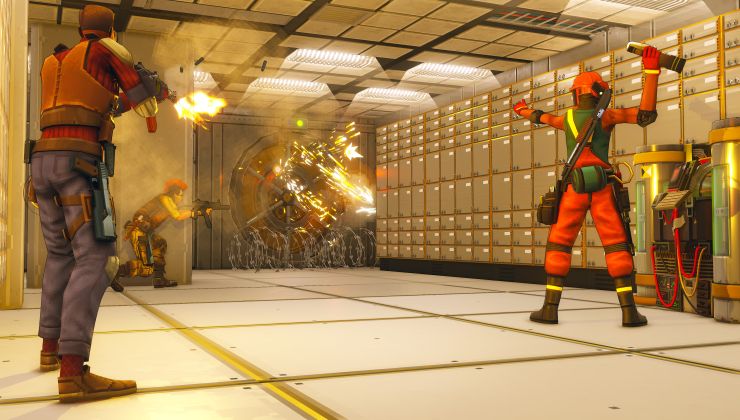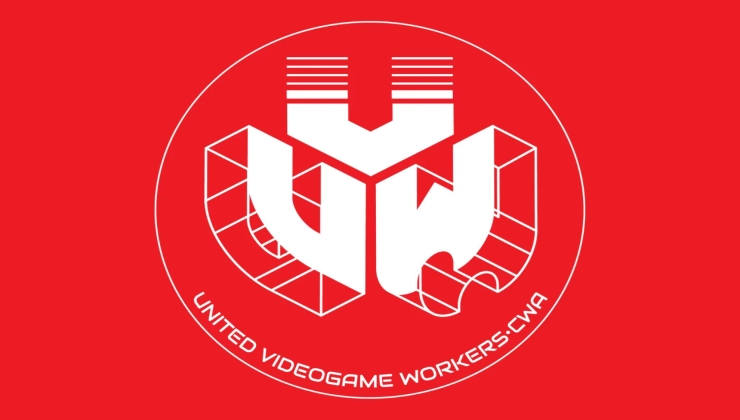Zink is an open source driver layer that gives OpenGL on top of Vulkan, it's been in progress for some time now, steadily making progress. Just recently, a big advancement was pulled in.
It's called "Kopper" (previously "Copper"), which is what allows Zink to talk to your Linux system properly. Thanks to this being merged in, it will provide proper GLX window handling to Vulkan WSI handling. What does this actually mean? Well, developer Mike Blumenkrantz who worked a lot on it mentioned in a blog post these simple points:
- Zink now uses Vulkan WSI and has actual swapchains
- Combinations of clunky Mesa environment variables are no longer needed;
MESA_LOADER_DRIVER_OVERRIDE=zinkwill work for all drivers- Some things that didn’t used to work now work
- Some things that used to work now don’t
In particular, lots of cases of garbled/flickering rendering (I’m looking at you, Supertuxkart on ANV) will now be perfectly smooth and without issue.
Also there’s no swapinterval control yet, so X11 clients will have no choice but to churn out the maximum amount of FPS possible at all times.
You (probably?) aren’t going to be able to run a compositor on zink just yet, but it’s on the 22.1 TODO list.
Developer Christian F.K. Schaller explained further on why this is all important for Zink. In short, it means "that you can get full OpenGL support even if your GPU only has a Vulkan driver available and it also means you can for instance run GNOME on top of this stack thanks to the addition of Kopper to Zink".
A massive step for the Zink driver. This is really ending up quite exciting for the future of Linux. Imagine it: driver vendors no longer shipping OpenGL but just Vulkan, with Zink handling the OpenGL side with all the performance and power that comes with Vulkan and any updates to Zink can benefit them all. As Schaller notes, it's all about backwards compatibility and "it will also at some point help reduce the amount of code we need to ship and maintain significantly as we can just rely on Zink and Kopper everywhere which of course reduces the workload for maintainers".
Sounds pretty great to me.
Some things that didn’t used to work now workAwesome!
Some things that used to work now don’t
I actually quite appreciate the cheerful honesty of that.Some things that didn’t used to work now workAwesome!
Some things that used to work now don’t




 How to set, change and reset your SteamOS / Steam Deck desktop sudo password
How to set, change and reset your SteamOS / Steam Deck desktop sudo password How to set up Decky Loader on Steam Deck / SteamOS for easy plugins
How to set up Decky Loader on Steam Deck / SteamOS for easy plugins
See more from me